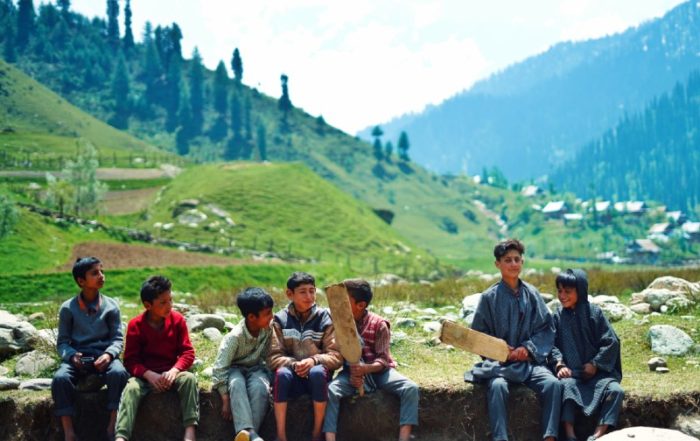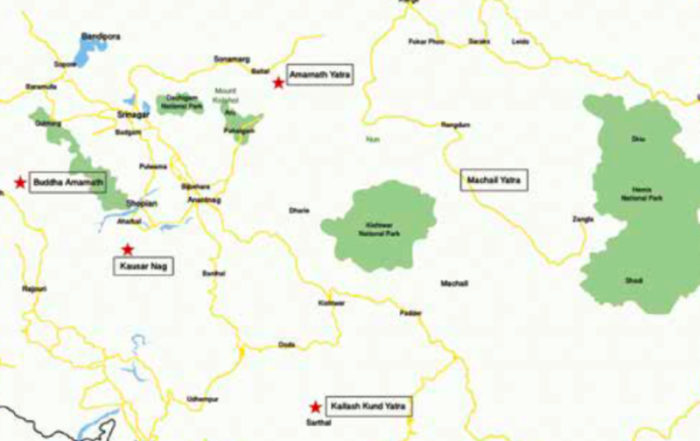JKLPP
Jammu & Kashmir Law & Public Policy is an independently run organisation dedicated to promoting free political thought together with active and comprehensive dialogue to raise international awareness of the conflict in Jammu & Kashmir.
Our aim is to sensitise people on the political, legal and everyday struggles of people in the region – aiming to foster an understanding between people of India, Pakistan and all five regions of the erstwhile state of Jammu & Kashmir. We believe this process is vital to facilitating a peaceful resolution of the conflict.
The overwhelming nature of the humanitarian crisis in Kashmir, the historical nature of the conflict and human rights violations have been extensively researched and documented. However, to fully understand the conflict we must examine the mechanisms of control that are employed. The law and policy measures constituting these control mechanisms deserve comprehensive engagement. Our objective is to create a platform specialising in this research.
RECENT REPORTS
We compile in-depth research reports on the situation in Kashmir
LATEST NEWS
Working for Peace in Kashmir
Ecological Vandalism in J&K: The After-effects of Abrogating the Special Status
Ecological Vandalism in J&K: The After-effects of Abrogating the Special Status By Sushmita
The State Of Bakarwal Tribe In Times Of Covid Crisis
The State Of Bakarwal Tribe In Times Of Covid Crisis By Afreen Faridi
Video: Court Appointed Priest of “Ramjanmabhoomi temple” in Ayodhya Speaks
Court appointed priest of "Ramjanmabhoomi temple" in Ayodhya speaks Last week, as Kashmir marked
Deification of land and the State: Industry-Military Complex in Kashmir
Deification of Land and the State: Industry-Military Complex in KashmirThis paper draws from research
Video: TRT World Interviews Mirza Saaib Bég on India’s Settler Colonialism in Kashmir
Video: TRT World Interview on India's Settler Colonialism in Kashmir Kashmiri lawyer Mirza Saaib
Video: KRR Report launch, August 2020
Video: KRR Report launch, August 2020 Kashmir Reading Room released a report ‘(Dis)Integration at


